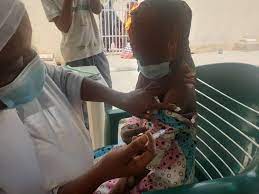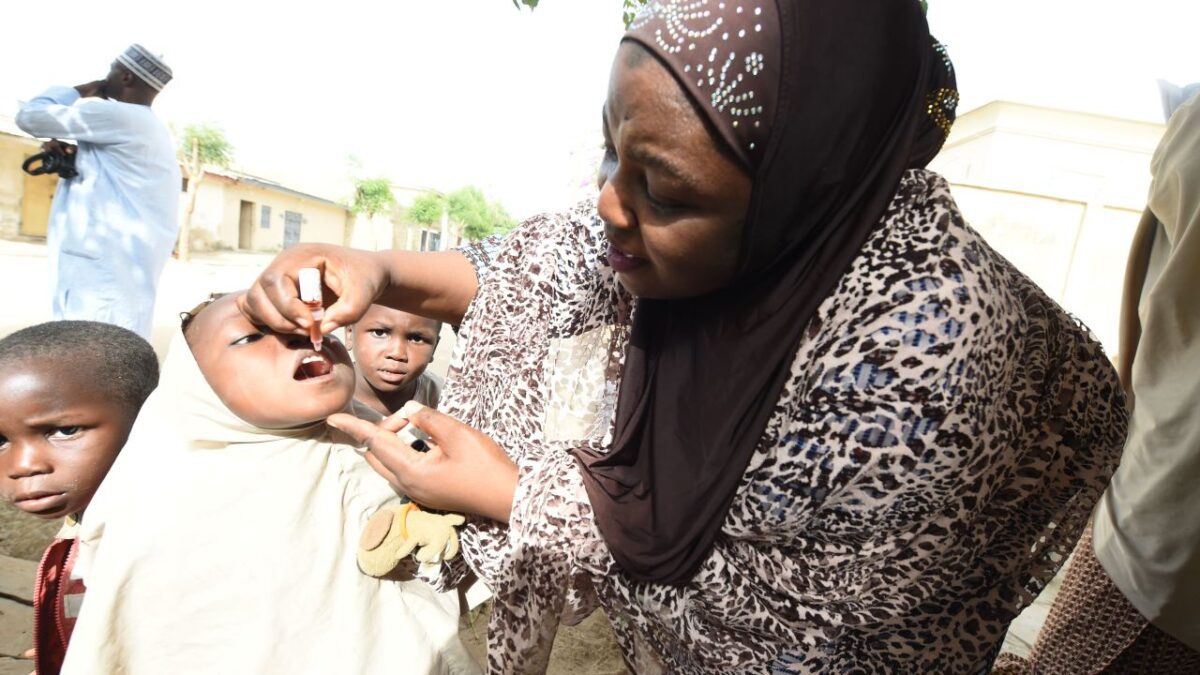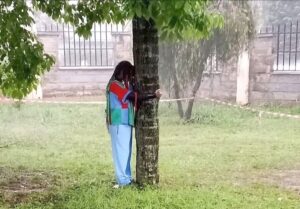Nigeria is grappling with a serious health challenge as an outbreak of Diphtheria has struck the nation’s capital, Abuja.
In response to the alarming situation, health authorities have swiftly launched targeted vaccination drives for two to six-year-olds in affected communities to help prevent further spread of the disease.
Public health officials have confirmed three cases and one fatality linked to Diphtheria in two of the six council areas of Abuja. The urgency of the situation led vaccination teams to reach out to communities directly, while risk communication teams are working to raise awareness about the importance of getting vaccinated.

Diphtheria is a flu-like bacterial infection that predominantly affects children, with potential complications including sore throats, pneumonia, heart damage, and even death. The disease has been endemic in Nigeria, with significant outbreaks recorded as far back as 2011.
https://www.youtube.com/hashtag/kechhotline
Recent data from the World Health Organization (WHO) reveals 557 cases of Diphtheria detected across 21 states between May 2022 and April 2023.
To combat the outbreak, state governments in Nigeria are implementing public education and engagement strategies to inform citizens about the disease and the necessary preventive measures. One critical approach being emphasized is “reactive vaccination” to swiftly immunize communities at risk.
Read Also: Visually Impaired Innovator Unleashes Boundless Creativity
The recent Diphtheria outbreak in Nigeria has recorded a concerning 13% case fatality ratio. However, health agencies in the country assure the public that they are well-prepared to address the situation effectively.
Necessary medical supplies, drugs, and vaccines are readily available and being deployed promptly to tackle the outbreak head-on.
Vaccination is a crucial preventive and emergency measure to contain the spread of Diphtheria, and authorities emphasize that vaccines are accessible for free at public hospitals across the country.
All Nigerian parents and guardians have been urged to ensure that children between the ages of two and six years receive complete vaccinations to bolster their immunity against this dangerous disease.
Subscribe to our Youtube channel Switch TV
















